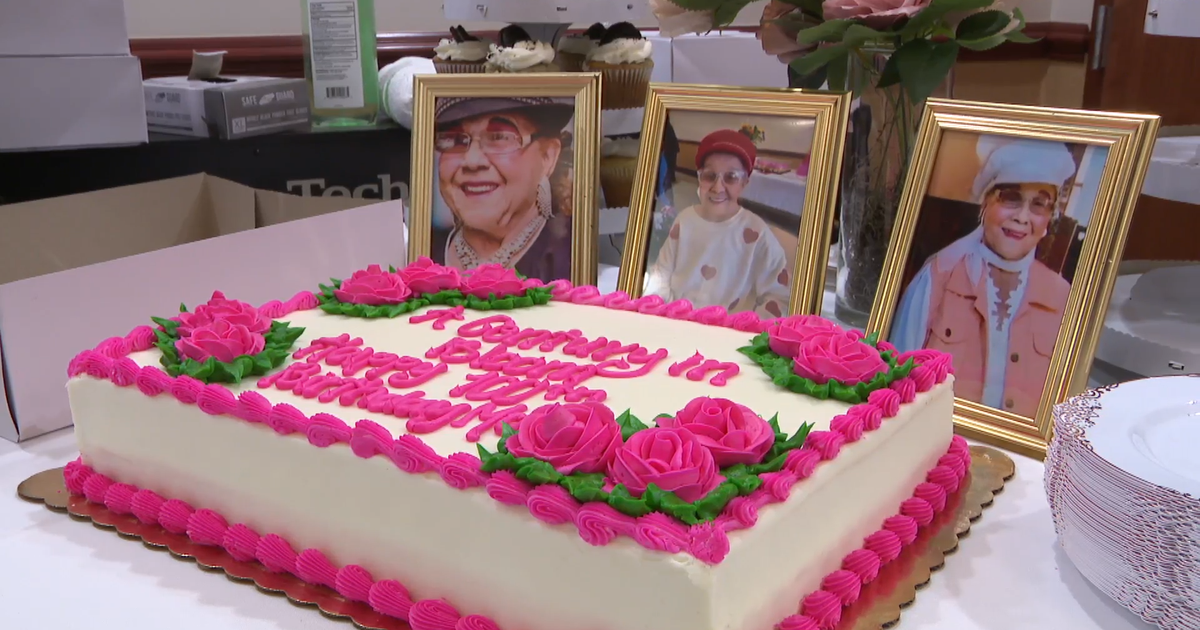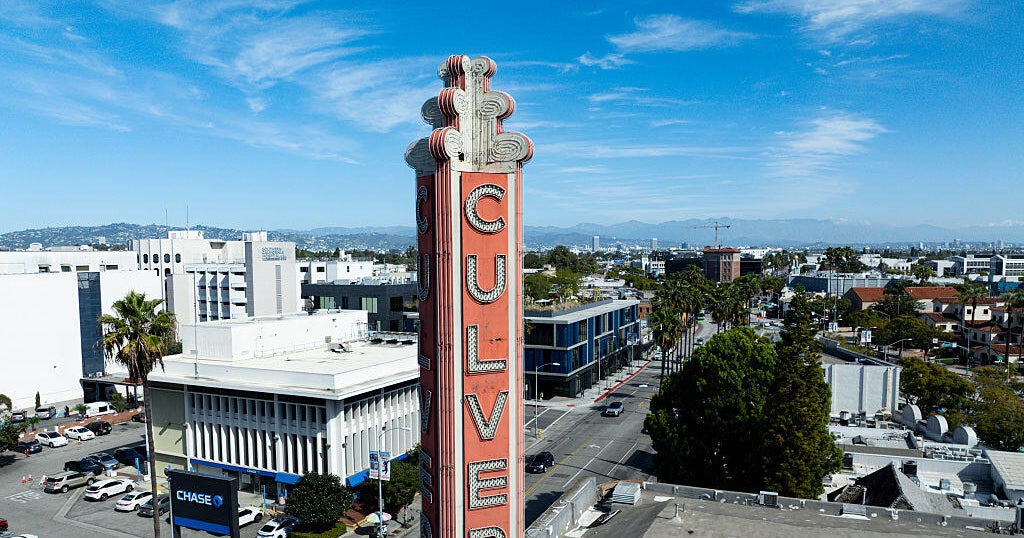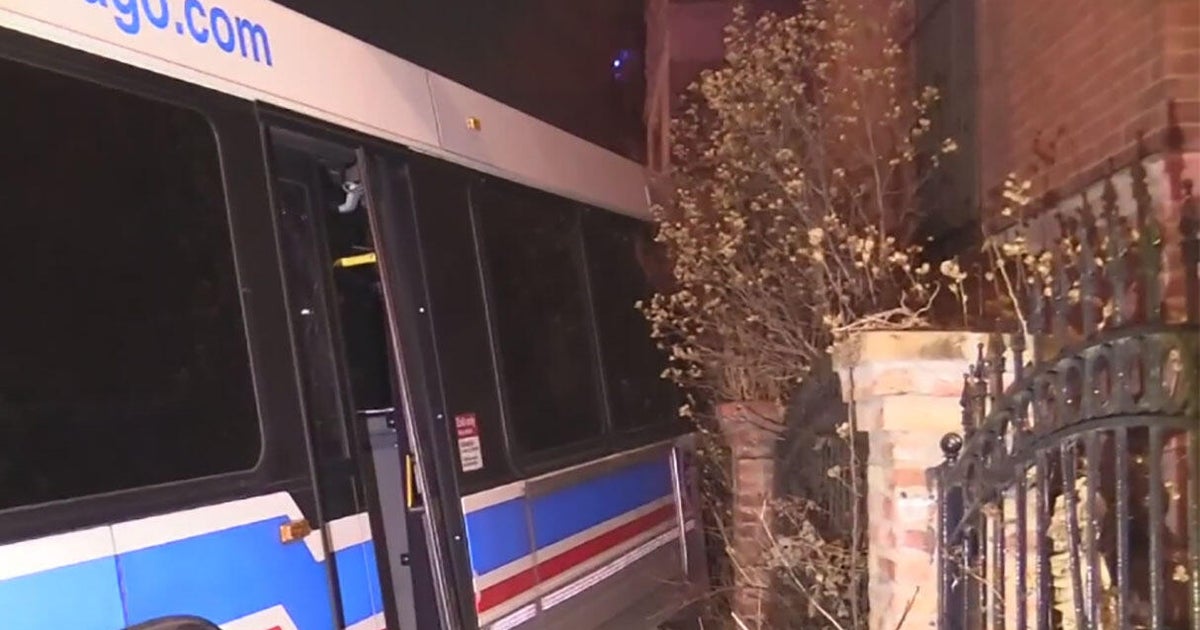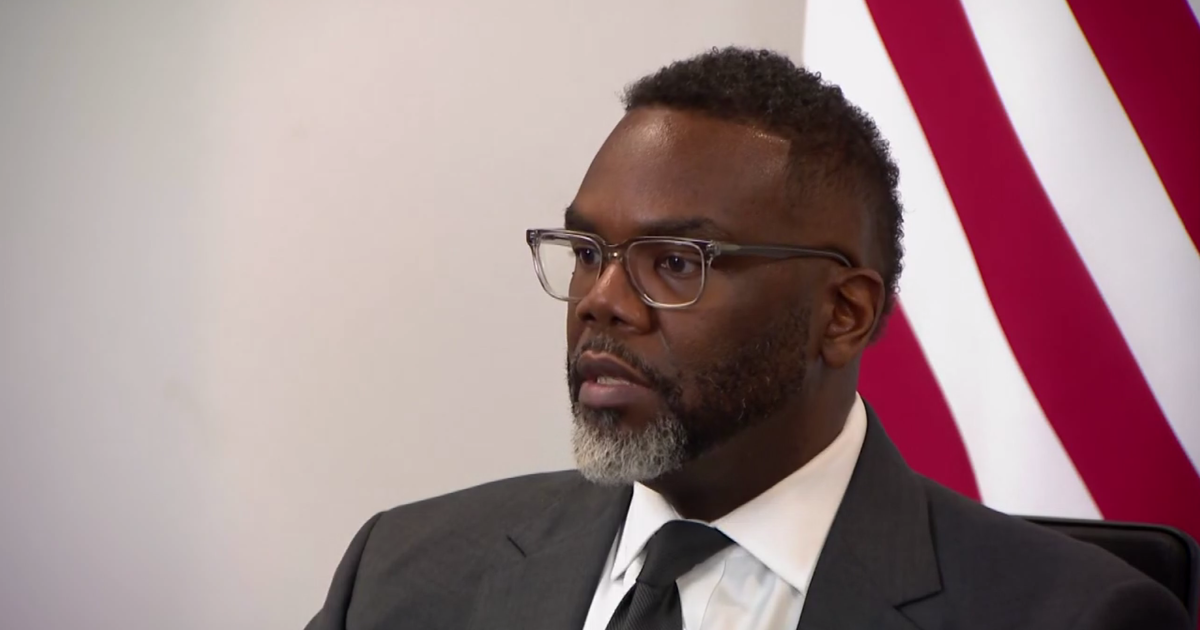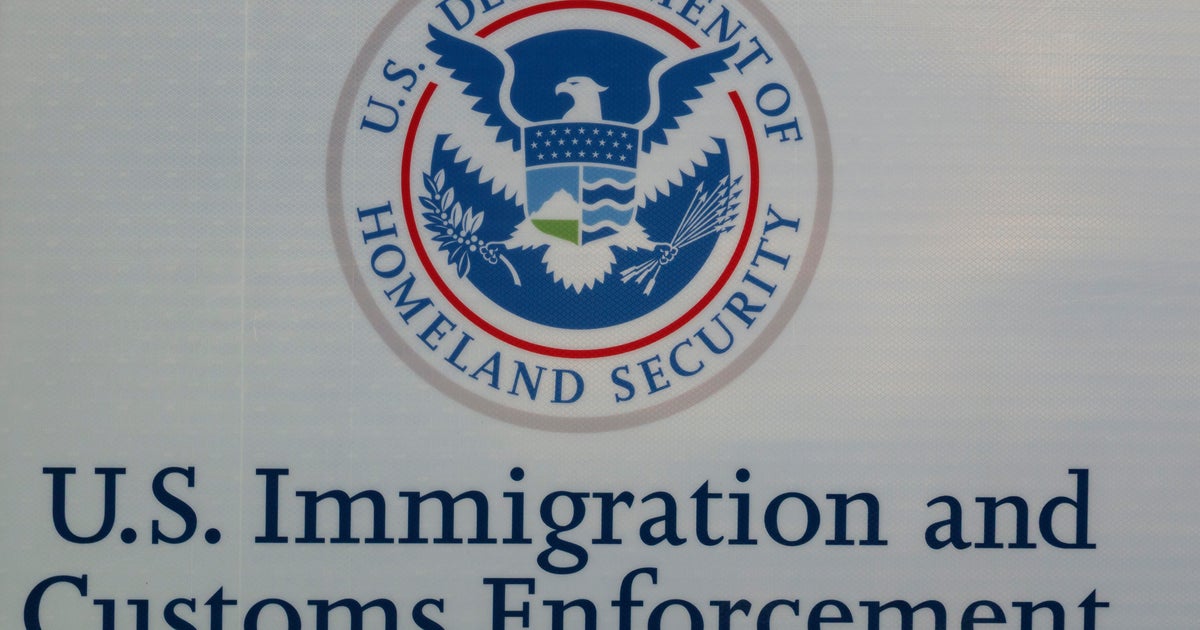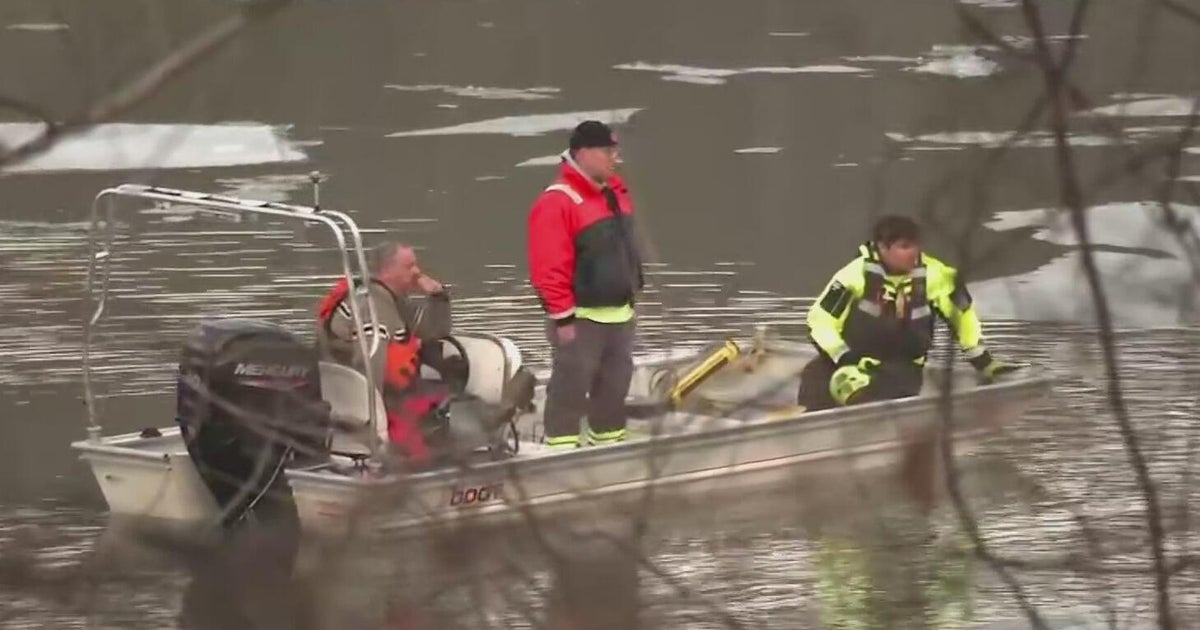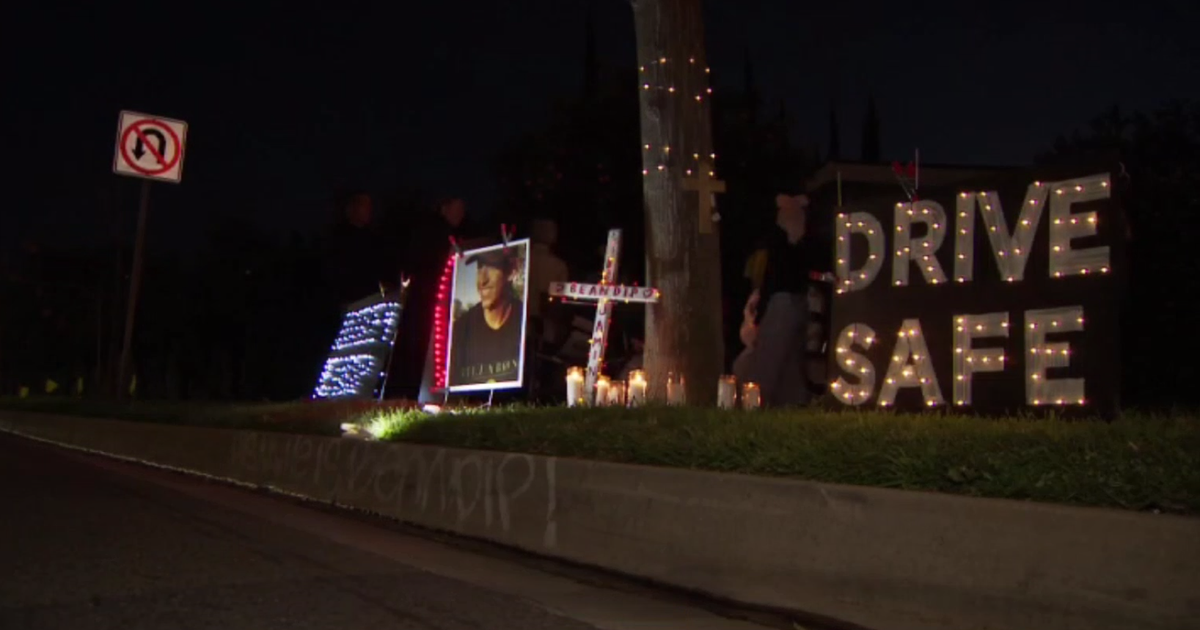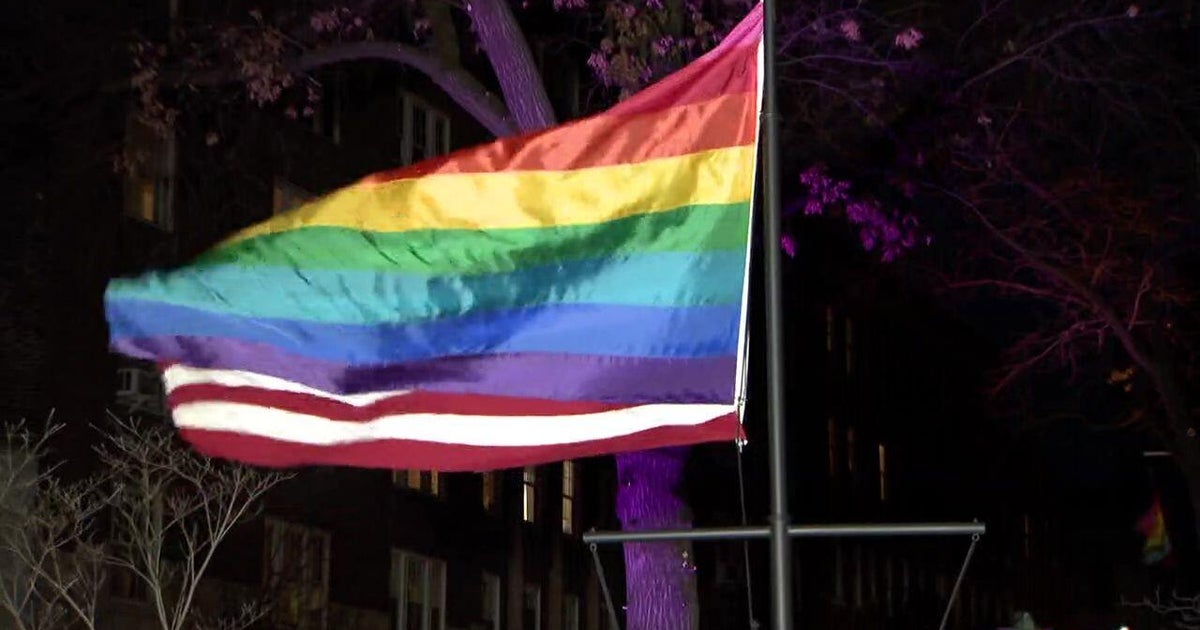Hundreds turn out for centennial celebration for Mayor Harold Washington
CHICAGO (CBS) -- Mayor Harold Washington would have turned 100 this coming Friday, and Tuesday also marks 39 years since he was elected mayor of Chicago.
On Tuesday evening, Chicago dignitaries turned out for a centennial celebration of Mayor Washington's life and achievements. The event was held at the Harold Washington Library.
Mayor Lori Lightfoot provided the keynote address.
"Our great mayor truly put Chicago on a path toward being a great global city," Mayor Lightfoot said.
Illinois Gov. JB Pritzker, Lt. Gov. Julia Stratton, U.S. Rep. Jesus "Chuy" Garcia, Cook County Chief Judge Timothy Evans, former Ald. Dick Simpson, and top Washington administration legislative aide Jacky Grimshaw were also among the speakers. The Rev. Jesse Jackson was also present.
Longtime Chicago radio host Richard Steele was the host for the presentation.
Those who gathered recognized Mayor Washington for his economic development and his striking ability to unite people of all ages and backgrounds.
"Harold Washington was a man whose public service put people first – from building a grassroots movement across the city of Chicago, to making the city's workforce look far more like the people that it served," said Gov. Pritzker.
Washington was elected the city's first Black mayor in 1983, defeating incumbent Mayor Jane Byrne and then Cook County State's Attorney and future Mayor Richard M. Daley in the Democratic primary, before beating Republican Bernard Epton in the general election.
In 1983, after a multi-racial coalition of progressives supported his candidacy, Harold Washington was elected the 51st mayor of Chicago and made history as the first African American to hold the position.
Washington attended DuSable High School, Roosevelt University, Northwestern University, and Northwestern Pritzker School of Law. He also served in the military with honors during World War II. He later became a precinct captain, assistant city prosecutor, state representative, state senator, and member of Congress before he was elected mayor.
Mayor Lightfoot spoke about how hard Mayor Washington had to fight for his goal of being a mayor who cared about people and who was above all else, fair. In particular, Lightfoot emphasized how Washington was stymied by a bloc of 29 mostly white aldermen led by Ald. Ed Vrdolyak (10th).
The Vrdolyak 29 stonewalled Mayor Washington, rejecting his appointments to the Chicago Park District, the Board of Education, the Chicago Transit Authority, and the City Colleges, among other organizations.
"Make no mistake – the actions of the Vrdolyak 29 were spurred, plain and simple, by racial animus," and a desire to maintain power structures that benefited them, Lightfoot said.
"But despite this fierce opposition, Mayor Washington – as he always did – stood tall, doing everything in his power to fulfill the promise that the people entrusted him," Lightfoot said
Washington also took numerous efforts to make city government more transparent, more ethical, and more diverse – going back to the early days of his first term, Lightfoot noted. For a couple of examples, Aug. 6, 1983, Mayor Washington took action to make city records accessible to the public, and on Oct. 12, 1983, he created an Office of Latino Affairs for the first time.
Mayor Washington was seven months into his second term when he died after sufffering a heart attack in his office at City Hall at the age of 65 on Nov. 25, 1987 – the day before Thanksgiving that year.
He appeared early in the day at a groundbreaking at 46th Street and Woodlawn Avenue, raising a shovel with the local alderman -- future Chief Judge Tim Evans -- and other officials. A news conference had followed the event.
Afterward, Washington returned to City Hall, where he worked with his secretary and conducted the day's business. Around 10:58 a.m., Washington was talking with his press secretary, Alton Miller, when he collapsed at his desk.
The mayor was rushed to Northwestern Memorial Hospital. His heart had stopped and his lungs had ceased to work, and he was unconscious as Miller rode the ambulance with him.
For two hours behind the doors of the hospital emergency room, friends gathered – praying, consoling, and hoping the mayor would pull through the devastating cardiac arrest.
But the doctors – even with their state-of-the-art equipment in one of Chicago's most modern hospitals – could not get the heart to resume pumping. He had been placed on life support in hopes that a "dramatic" form of CPR would reactivate his heart and brain, but that never happened, said attending physician John Sanders.
Ald. David Orr (49th) agreed to serve as interim mayor upon Mayor Washington's death. Then, following a tumultuous and infamous City Council session, Ald. Eugene Sawyer (6th) was chosen to take over as acting mayor – a position he held until losing a bid for a full term to Richard M. Daley in 1989.
Mayor Washington is still regarded as a hero to people across Chicago. Former President Barack Obama also pointed out in his memoir, Dreams from My Father, that he first came to Chicago as a community organizer in the 1980s because he was inspired by Mayor Washington.
